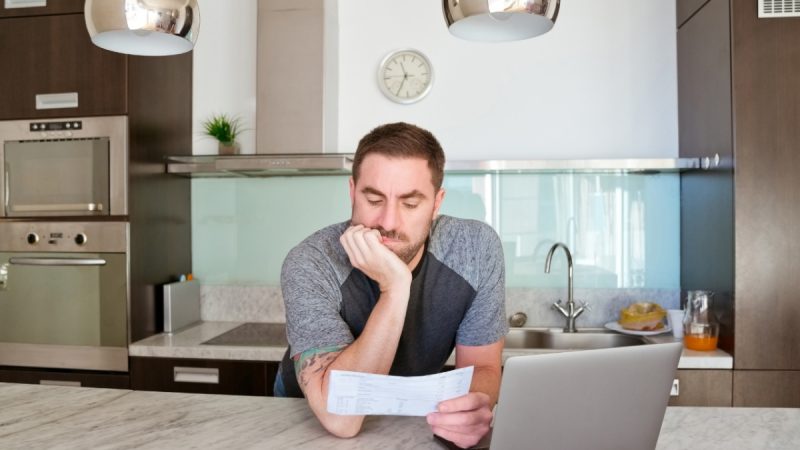
Is it time to maximise your property assets?
Many Australians are facing a dilemma at the moment because they are asset-rich but cash poor.
Take a look at what this means and how you can reverse the problem.
What is the issue?
According to the Guardian, Australia is one of the world’s wealthiest countries. The Aussie population boasts a wealth of about $15 trillion, That’s $575,000 per person.
The problem is a significant slice of our collective wealth is not accessible. Rather, it is mostly tied up in property, most commonly the family home. In fact, the Guardian says that around $9 trillion of Aussies’ wealth is tied up in residential property.
Why is this a problem?
All this money tied up in property means that Australia is a hugely wealthy country but with no way to spend that money. It turns out that people who are worth a significant amount of money on paper are actually struggling to make ends meet because of their mortgage repayments.
With the cost of living currently on the rise, this is a worse problem than ever, with many Aussies fighting to keep their heads above water financially.
What can you do?
Your first option is to work with a broker to refinance. This may make your repayments more manageable so you have more cash in your budget each month.
It may seem counter-intuitive, but if you can use the equity in your existing home to buy an investment property, you can work towards having more cash in the future.
For example, if you can work out a way to purchase an investment property to lease out, then pay it off for around ten years, the double should have valued. As you approach later life, you will be able to sell and use the funds to retire, or even eventually pay off the loan and generate a rental income.
The option that is increasingly popular with Aussies is to downsize.
Let’s say you have a family home worth $2-3 million but your children have left for good. Instead of paying off a large mortgage as well as dealing with maintenance costs, you can sell your home and buy two or even three smaller places. By leasing out the ones you don’t live in, you’ll have positive cash flow and be free from mortgage stress.
Even if you sell and downsize to a smaller place, then invest the money elsewhere, it will mean you have access to funds to support a more comfortable lifestyle.
There is also the option to put some of the proceeds towards a deposit that will help your children to buy; you can potentially sign an agreement confirming you have an interest in the property and continue to grow your asset pool in this way.
Downsizing has so many advantages, including the superannuation incentive if you are over the age of 55 and have owned your home for ten years. Many couples find living in a townhouse or apartment more comfortable than a house because there is less work to do and better security.
How to get started
The first thing to do if you want to maximise your cash reserve is to contact a financial advisor who can explain how things will work in terms of costs, returns and things like capital gains tax or negative gearing.
Your advisor can also put you in touch with a mortgage broker and tax accountant so you can get a clear picture of what you will achieve by downsizing, refinancing or investing.
Where to invest
If you do decide to downsize and/or invest, you need to choose wisely. A suburb like Neutral Bay is an excellent choice because it is highly sought after and there is great rental yield. It’s also a very popular destination for downsizers because of its proximity to the city and ‘urban village’ feel.
If you need help to downsize or find the best investment property in Neutral Bay, reach out today.



